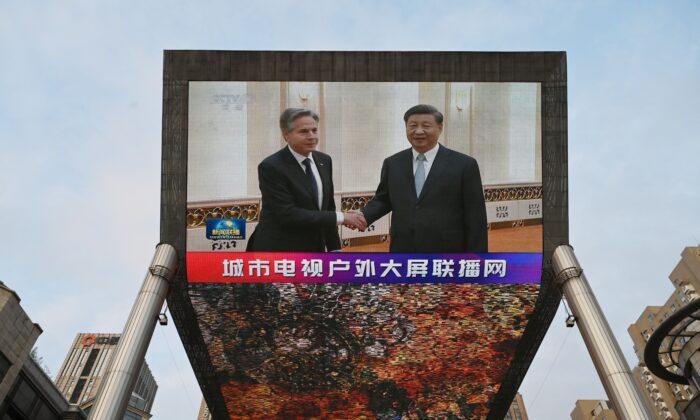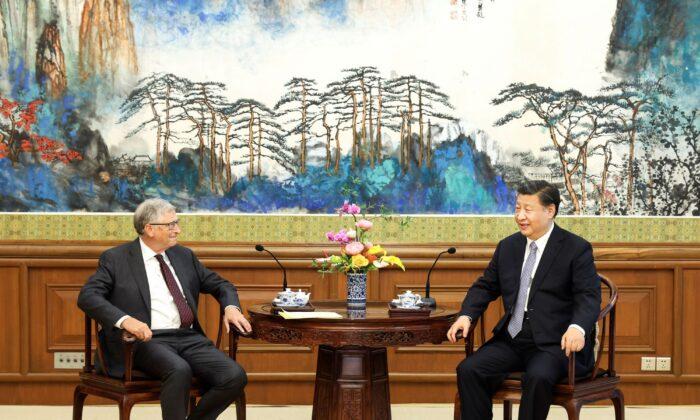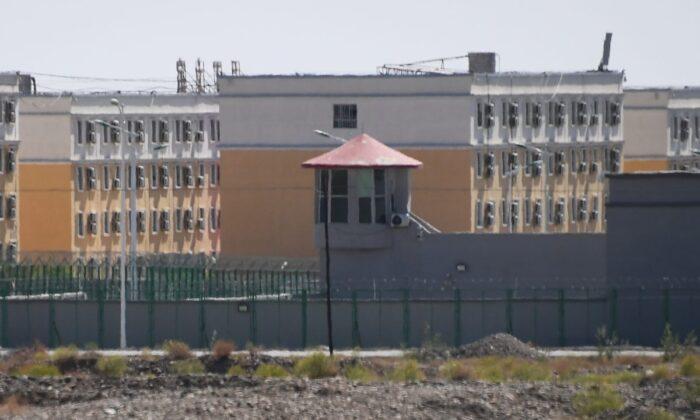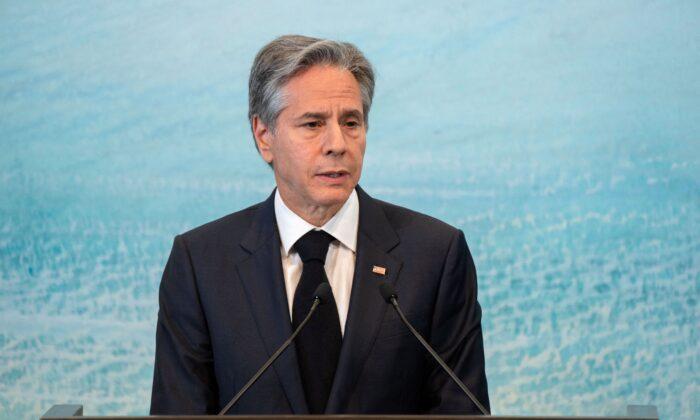As the United States and China are racing to resume sending astronauts to the moon, China might militarize the lunar surface as Beijing sets to establish a permanent presence there, warns Rick Fisher, senior fellow with the International Assessment and Strategy Center.

Limit Access to Resources
In this second moon race, the United States and China will compete for strategic positions and secure access to resources, according to Fisher.“Space technology has advanced to the point where we can consider accessing the moon both economically and for real profit. We can use water on the moon to produce oxygen and use resources, metals, and other materials, minerals on the moon, to build things, to build an infrastructure, perhaps to build spaceships to go to Mars, or to build large solar energy gathering satellites that will be put in cislunar,” he said.
“NASA director Nelson in an interview ... with Politico, made clear his fears that once China gets to the moon, it will act in an imperialistic manner, it will claim territory and deny access to that territory to others,” the expert said.
Push Back Threats
Fisher pointed to the Outer Space Treaty as a guide to behavior on the moon, as both China and the United States are signatories.“But China has a very poor record of adhering to agreements even if it signed on to those agreements, even if it ratified agreements. So any Chinese statement or agreement that it does not intend to militarize the moon has to be taken with deep skepticism,” he noted.
Thus, he called on the United States to be very careful and keep track of China’s activities on the moon.
“And we have every right to expect that China will be transparent about its activities on the moon,” Fisher said.
Up to now, at least 21 countries have been part of the treaty, but China has refused to join.
“Based on resource extraction on the moon energy generation, we should encourage as many countries as possible to sign on to the Artemis Accords and join all of the other countries that have pledged to a program of peaceful behavior,” Fisher said.
“That would be our first defense if you will have a peaceful future for the moon,” he added.
“But secondly, we should also be prepared. We should have in reserve the means to send to the moon equipment that could defend our people and the means to identify quickly what China is doing on the moon should we detect any placement of weapons.”
Fisher pointed out that it is “critically important for the United States to sustain funding for its moon program” despite any threat on Earth imposed by the Chinese Communist Party (CCP), such as launching an invasion against Taiwan or India.
In 2010, then-President Barack Obama canceled former President George W. Bush’s Constellation moon program.
“Because the Chinese Communist Party’s plan for hegemony on Earth requires hegemony in space. And if the United States were to cancel its moon program again, as did President Obama, we would be, in short, helping to ensure that China gains hegemony on Earth by helping it to gain hegemony in space,” Fisher said.





